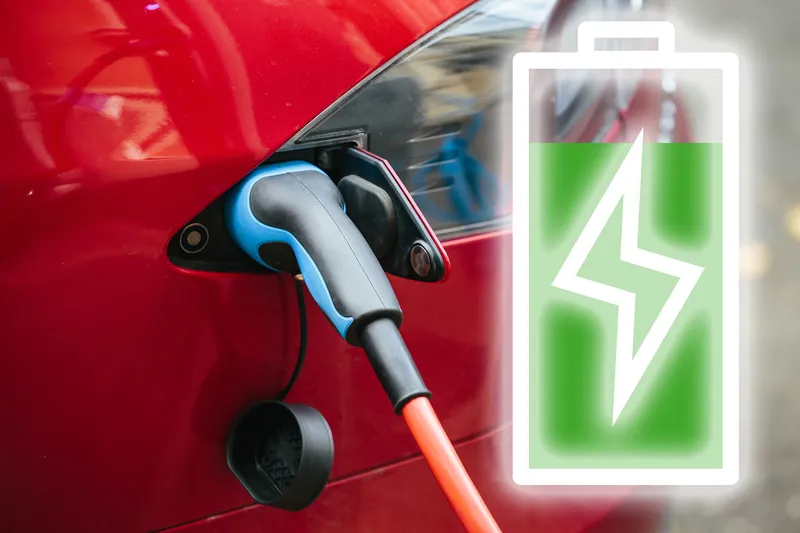UK Deputy Prime Minister Nick Clegg has announced that government will invest more than US$15 million to boost the number of charging points for electric cars.
Major car manufacturers BMW, Nissan, Renault, Toyota and Vauxhall are all backing the Go Ultra Low campaign in a ground breaking partnership with government to debunk common myths and misconceptions that put drivers off switching to electric or hybrid cars, such as cost and how far the vehicles can travel before being recharged.
Electric car o
January 31, 2014
Read time: 2 mins
UK Deputy Prime Minister Nick Clegg has announced that government will invest more than US$15 million to boost the number of charging points for electric cars.
Major car manufacturers1731 BMW, 838 Nissan, 2453 Renault, 1686 Toyota and 4231 Vauxhall are all backing the Go Ultra Low campaign in a ground breaking partnership with government to debunk common myths and misconceptions that put drivers off switching to electric or hybrid cars, such as cost and how far the vehicles can travel before being recharged.
Electric car owners do not have to pay car tax or congestion charges and many charge points are free to use. The cars cost from just 2 pence (US$3) a mile, which means a family that drives an electric vehicle 10,000 miles in a year would save around US$1,600 on fuel costs each year.
There are already more charging points than filling stations in London, but to make driving an electric car possible for everyone, the US$15 million funding will be used to create hundreds more charging points across the country, including 140 new rapid charge points which can charge an electric car in less than half an hour. This will cement the UK’s position as one of the best for electric vehicle recharging networks in Europe.
Announcing the funding, Clegg said: “Electric cars are one of the most promising of our green industries and we want to secure the UK’s position as a global leader in both the production and adoption of these vehicles. The extremely low running costs of electric cars help drivers save money and we are allocating more than US$15 million to boost charge points across the country to help drivers to go green. This means we can lower UK emissions and create high-tech engineering and manufacturing jobs to boost our economy.”
Major car manufacturers
Electric car owners do not have to pay car tax or congestion charges and many charge points are free to use. The cars cost from just 2 pence (US$3) a mile, which means a family that drives an electric vehicle 10,000 miles in a year would save around US$1,600 on fuel costs each year.
There are already more charging points than filling stations in London, but to make driving an electric car possible for everyone, the US$15 million funding will be used to create hundreds more charging points across the country, including 140 new rapid charge points which can charge an electric car in less than half an hour. This will cement the UK’s position as one of the best for electric vehicle recharging networks in Europe.
Announcing the funding, Clegg said: “Electric cars are one of the most promising of our green industries and we want to secure the UK’s position as a global leader in both the production and adoption of these vehicles. The extremely low running costs of electric cars help drivers save money and we are allocating more than US$15 million to boost charge points across the country to help drivers to go green. This means we can lower UK emissions and create high-tech engineering and manufacturing jobs to boost our economy.”








